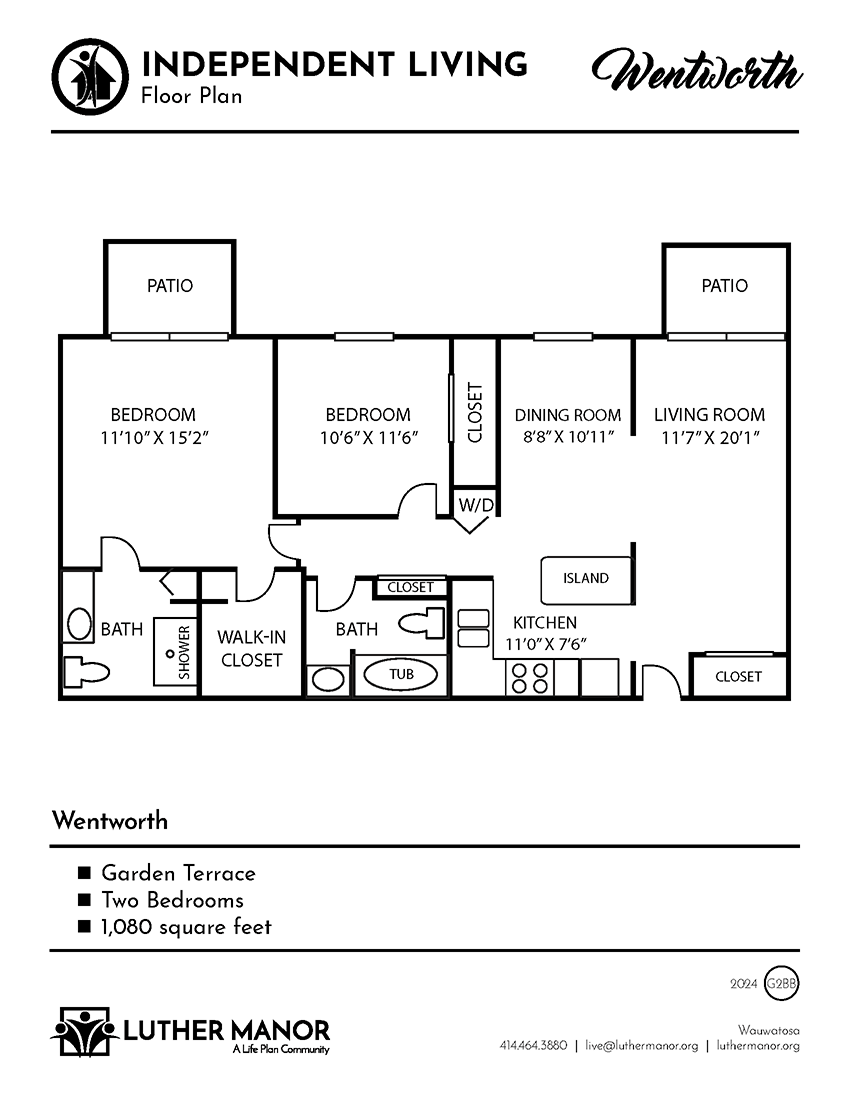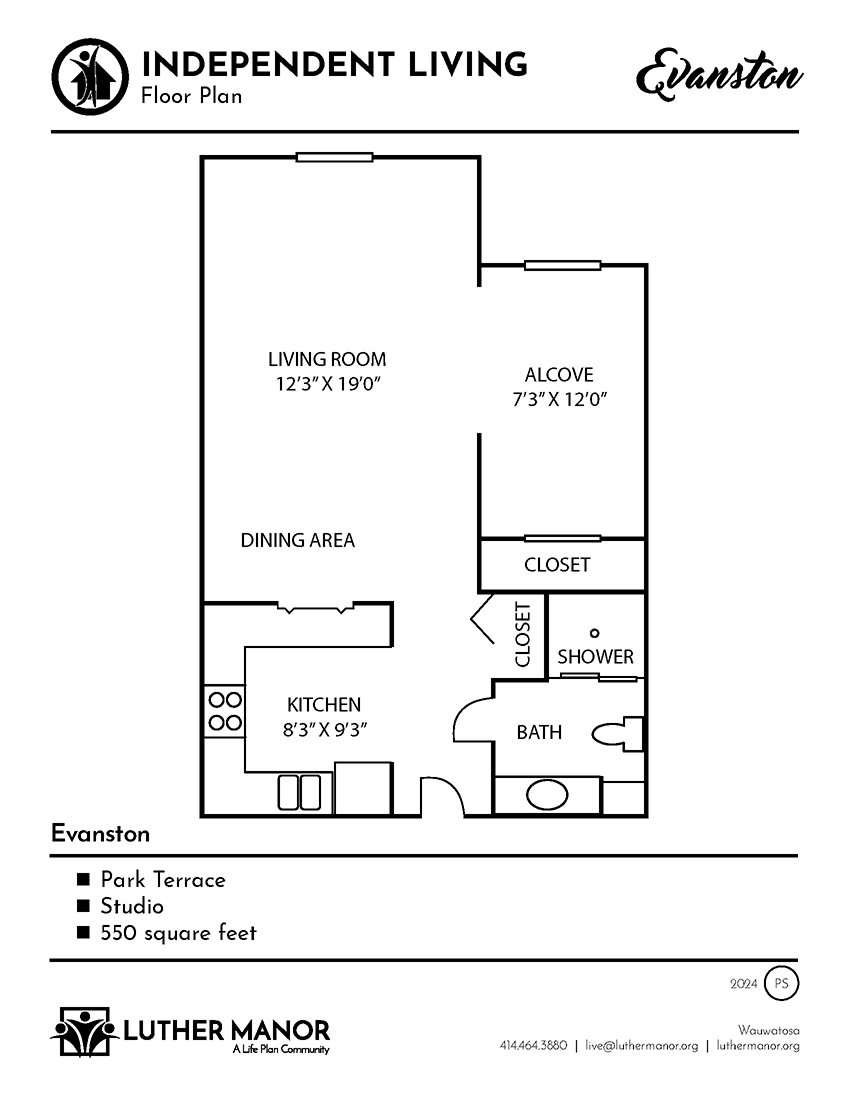Seeing Clearly: Older Adults & Vision Loss
Approximately one in three people have some form of vision-reducing eye disease by the time they reach the age of 65. This vision change can manifest in more than one form. Common concerns include blurred vision, floaters or flashes in the field of vision, dry eyes or watery eyes. If you experience any of these concerns, consider making an appointment with an optometrist sooner rather than later. It could be a sign of age-related vision loss.
Causes of Age-Related Vision Loss
The most common forms of vision loss in older adults include:
- Cataracts – a clouding of the lens that affects vision, more than half of all Americans will have a cataract or have had cataract surgery by age 80
- Macular degeneration – the deterioration of the retina, leading cause of vision loss in America
- Glaucoma – damage to the optic nerve, one of the leading causes of blindness for people over 60
- Diabetic retinopathy – damage to the tiny blood vessels in the retina, the most common cause of vision loss among diabetics
Some of these diseases are more severe than others. Cataract removal surgery is very common and successful, but glaucoma is incurable at this time. It is possible to slow down the progression of glaucoma with a treatment plan developed by a licensed eye doctor. Great strides have been made in researching macular degeneration in the past decade, and new treatments exist to help stem the breakdown of the retina tissue. Controlling diabetes by taking medications as prescribed, exercising regularly, and eating healthily can prevent or delay diabetic retinopathy.
Get a Yearly Eye Exam
Regular eye exams help to prevent issues as eye problems can begin before vision is impacted. Generally, adults over the age of 60 are recommended to have an eye exam every two years if there isn’t a history of diabetes, hypertension, or other diseases. Adults over the age of 70 should have their eyes examined annually.
By receiving preventative care and paying attention to any vision changes you can combat and manage age-related vision loss.
Financial Help is Available for Older Adults with Vision Loss
Several programs exist to help vision-impaired older adults who lack financial resources. EyeCare America, a program of the Foundation of the American Academy of Ophthalmology provides free or low-cost eye exams for qualifying seniors. The Lions Club International partners with medical professionals across the world to provide vision screenings – contact your local Lions Club for guidance.






